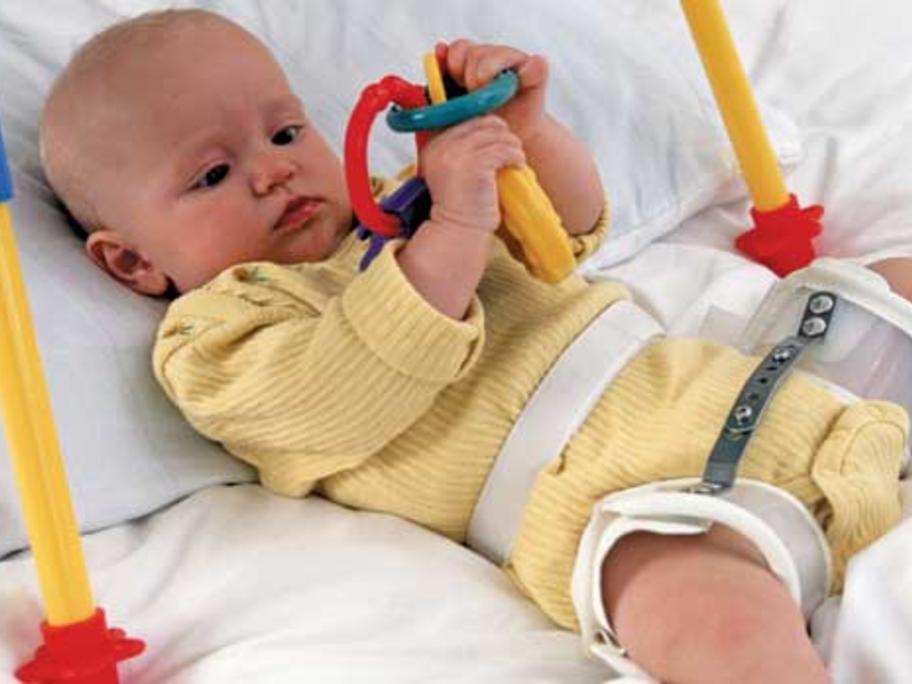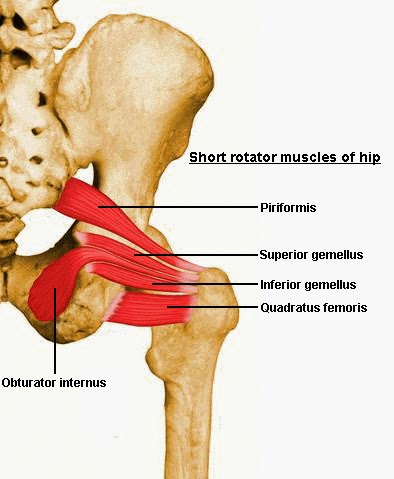

 An articular cartilage injury - any injury that affects the cartilage around the ball or socket of the hip joint. The three most common intra-articular SHS causes include: Because it stems from a prior injury or trauma, this condition can occur suddenly. Instead, a preexisting hip joint problem or injury can lead to intra-articular SHS. Intra-Articular SHSĪs opposed to external and internal SHS, intra-articular SHS is not caused by a muscle or tendon issue. Those with internal SHS usually experience gradually worsening symptoms and may even hear popping when they run. Unlike external SHS, internal SHS is felt in the front part of the hip and may include pain near the groin area. Alternatively, internal SHS may be caused by the quadriceps muscle moving over the ball portion of the hip's ball-and-socket joint. Internal SHS is typically caused when the iliopsoas tendon - which connects the inner hip muscle to the thigh bone - moves over the pelvic bone, resulting in the hip muscle or tendons sliding over the front of the hip joint. Internal SHSĪnother form of SHS that involves the hip muscle and tendons is internal SHS. External SHS symptoms may worsen over time to the point where it hurts to even lie on the affected hip at night. Because the IT band plays such a large role in hip mobility, those with external SHS may experience snapping when running or climbing stairs. Pain and tenderness due to external SHS are typically felt along the outside of the hip. When this connective tissue gets too tight, it has trouble sliding over the femur and may make a snapping noise during hip movement. Also known as the IT band, the iliotibial band runs along the outside of the thigh and consists of connective tissue called fascia. The condition occurs when the iliotibial band slides over the top of the femur along the outside of the hip. External SHSĮxternal SHS is the most common type. Below are the three variations of SHS and what causes them: 1. There are three different types of SHS, and the root cause of a clicking hip depends on the type. Because stretching the tendons creates extra tension, someone with SHS can typically hear a snapping sound or feel a snapping sensation when moving their hip joint. SHS occurs when the muscle tendons around the hip joint become inflamed and begin to click as they rub over the hip socket bone. Whenever a hip starts to click, it is usually due to snapping hip syndrome (SHS), a hip disorder medically referred to as coxa saltans.
An articular cartilage injury - any injury that affects the cartilage around the ball or socket of the hip joint. The three most common intra-articular SHS causes include: Because it stems from a prior injury or trauma, this condition can occur suddenly. Instead, a preexisting hip joint problem or injury can lead to intra-articular SHS. Intra-Articular SHSĪs opposed to external and internal SHS, intra-articular SHS is not caused by a muscle or tendon issue. Those with internal SHS usually experience gradually worsening symptoms and may even hear popping when they run. Unlike external SHS, internal SHS is felt in the front part of the hip and may include pain near the groin area. Alternatively, internal SHS may be caused by the quadriceps muscle moving over the ball portion of the hip's ball-and-socket joint. Internal SHS is typically caused when the iliopsoas tendon - which connects the inner hip muscle to the thigh bone - moves over the pelvic bone, resulting in the hip muscle or tendons sliding over the front of the hip joint. Internal SHSĪnother form of SHS that involves the hip muscle and tendons is internal SHS. External SHS symptoms may worsen over time to the point where it hurts to even lie on the affected hip at night. Because the IT band plays such a large role in hip mobility, those with external SHS may experience snapping when running or climbing stairs. Pain and tenderness due to external SHS are typically felt along the outside of the hip. When this connective tissue gets too tight, it has trouble sliding over the femur and may make a snapping noise during hip movement. Also known as the IT band, the iliotibial band runs along the outside of the thigh and consists of connective tissue called fascia. The condition occurs when the iliotibial band slides over the top of the femur along the outside of the hip. External SHSĮxternal SHS is the most common type. Below are the three variations of SHS and what causes them: 1. There are three different types of SHS, and the root cause of a clicking hip depends on the type. Because stretching the tendons creates extra tension, someone with SHS can typically hear a snapping sound or feel a snapping sensation when moving their hip joint. SHS occurs when the muscle tendons around the hip joint become inflamed and begin to click as they rub over the hip socket bone. Whenever a hip starts to click, it is usually due to snapping hip syndrome (SHS), a hip disorder medically referred to as coxa saltans. #Clicky hips how to
If you've experienced clicking hips recently, keep reading to find out how to relieve your hip pain. In this article, we'll look at what causes clicking hips, what dancer's hip is, who is most at risk of developing these conditions, and how to prevent and treat snapping hips.

Clicking hips are actually a fairly common condition among active people, and there are plenty of remedies to reduce hip pain. However, there is no need to be alarmed if you notice your hips making a snapping, clicking or popping noise. Snapping hips can be a scary sound for any athlete.







 0 kommentar(er)
0 kommentar(er)
